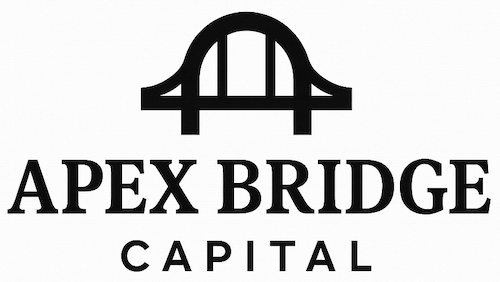
Financing Options for Startups
Quick Overview
Startups of all sizes have difficulty securing funding
Non-traditional options are most popular for startups
SBA loans and some traditional financing possible
Home equity and 401(k) loans are also an option
Early-Stage Funding Options
Friends and Family Loans
Many startup founders begin their journey by borrowing money from people they know—typically friends, family members, or close contacts. This informal funding route is often based on personal trust rather than business credit.
These loans may come with little or no interest, flexible terms, and fewer approval hurdles. That said, it’s important to treat this like a business deal. Even if the lender is a relative, it’s wise to put the terms in writing, clarify expectations, and protect both sides with a signed agreement.
Best for: Startups in the idea or early launch stage that need capital but don’t qualify for traditional loans.
Crowdfunding
Crowdfunding allows startups to raise money by presenting their business idea or product on a public platform. In exchange for financial support, contributors may receive perks, early product access, or even equity—depending on the platform and campaign type.
Unlike loans or investments, crowdfunding doesn’t require credit checks or business history. But it does require effort: a compelling pitch, a realistic funding goal, and strong marketing to attract backers.
Best for: Startups with a marketable idea, prototype, or product that can appeal to consumers or investors online.
Angel Investors
Angel investors are individuals who provide early-stage funding in exchange for equity. They often look for innovative ideas or high-growth potential, and in some cases, also provide mentorship, industry contacts, and strategic guidance.
In return, founders give up a portion of ownership—typically 10% to 50%. This is equity-based financing, so there are no loan payments, but the investor expects a return if the business succeeds.
Best for: Startups with a strong business plan and long-term growth potential, especially in tech or innovative sectors.
Loan Options for Startups
SBA Loans
The U.S. Small Business Administration (SBA) guarantees certain loans issued by banks and other lenders, helping startups qualify for more favorable terms. While SBA loans still require underwriting and documentation, the SBA’s involvement helps reduce risk for the lender.
There are two main types of SBA funding options for startups:
SBA 7(a) Loans: The most common SBA loan. Offers longer terms, lower down payments, and more flexibility than conventional loans.
SBA Microloans: Smaller loans (up to $50,000) used for working capital, inventory, equipment, or furnishings. Microloans are often available through community-based nonprofit lenders.
Typical approval time: 60–90 days.
Best for: Startups with at least 2 years of operation and a clear revenue stream, or founders with strong personal credit and a solid business plan.
Home Equity Loans
Homeowners who have built up equity in their property can sometimes use that equity to fund their business. With a home equity loan, the borrower receives a lump sum and repays it in fixed installments over time—often with a 10- to 15-year repayment term.
While this option may offer lower interest rates than unsecured loans, it puts the borrower’s home at risk. If the business fails and loan payments aren’t made, foreclosure is possible.
Best for: Founders with significant home equity and a high-confidence business plan.
401(k) Business Financing
Some startup owners choose to fund their business using their retirement savings. Through a specialized legal structure, entrepreneurs can roll over 401(k) or IRA funds into a new entity—typically a C corporation—and invest those funds in the business.
While this type of funding avoids loan interest and monthly payments, it carries substantial risk. If the business fails, retirement savings could be lost. It also requires working with a third-party administrator and tax advisor.
Best for: Founders with strong retirement savings who want to self-fund without taking on debt, and who fully understand the risks involved.
What to Keep in Mind
Documentation: Even informal loans from friends or family should have clear terms in writing.
Risk tolerance: Each option carries different levels of financial risk—particularly when personal assets or retirement funds are involved.
Business structure: Some financing options require a specific business structure (e.g., C Corp for 401(k) rollovers).
Legal guidance: For complex setups like equity investment or retirement fund use, professional legal and tax advice is essential.
Final Thoughts
Startup financing doesn’t follow a one-size-fits-all formula. What works for one founder may not work for another. Consider how much capital you need, what you’re willing to risk, and whether you’re comfortable with debt or giving up equity.
If you’re strategic and realistic about funding, you can set your business up for a strong launch—and position yourself for future growth and financing opportunities down the line.
